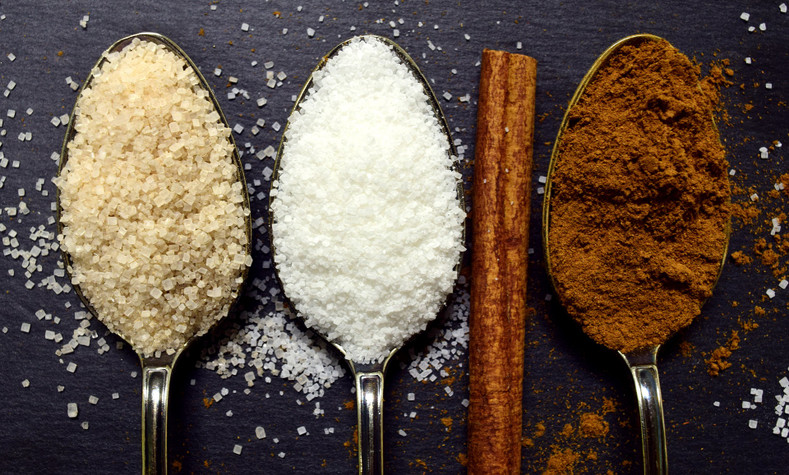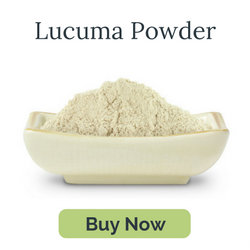Is Coconut Sugar a Healthier Sugar Substitute than Agave?

We recently discussed how to cut out sugar by utilizing superfoods as substitutes. Check it out here in case you missed it! Today we’d like to zero in on a controversial sugar substitute that we didn’t include in our roundup (and why): let’s talk about agave.
Agave has rose as a star in the health food world, labeled as a healthy natural sweetener. The issue however, is this popular substitute is conventionally developed in a highly processed method that is very similar to the chemical production of high fructose corn syrup, using genetically modified enzymes.
Even when it’s labeled raw, the heat required to produce agave is below pasteurization temperature (161F), which allows a misleading “raw” label.
One of the reasons we love using superfoods like coconut palm sugar, lucuma powder and mesquite powder instead of agave as alternative sweeteners, is that they offer additional health benefits!
Not only is there no nutritional benefit to agave, but toxic chemical compounds called saponins that are present in large amounts in agave can be disruptive to red blood cells and stimulate uterine blood flow (which can induce miscarriage in a pregnancy). In addition, the unnatural form of D-fructose present in agave can raise triglyceride levels and increase fat tissue.
Now that we’ve explored the negative sides to agave, let’s take a look at the benefits of another common sweetener: coconut palm sugar.
While of course we’d suggest using in moderation as with other sweeteners, coconut palm sugar is a low glycemic, all natural alternative. It’s a great source of vitamins, minerals and amino acids, plus it’s not high in fructose.
Learn more about how to use coconut palm sugar here, and shop below!



